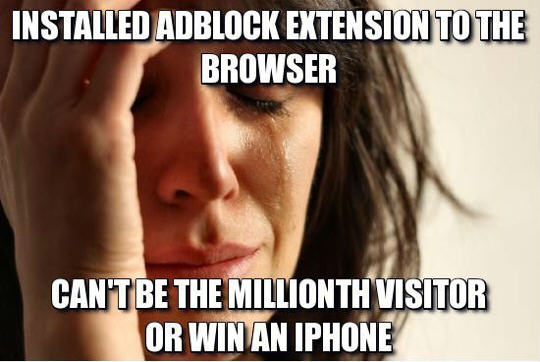
Have we reached the end of free content on the web? As ad blockers gain continue to gain traction, many publishers have been bracing for the worst as their primary source of revenue is cut off. It sounds like a new challenge, however if you look back to the dot com boom of the late 90’s, you’ll see that many online companies have survived by embracing change and focusing on solid business principals. While publishers don’t necessarily have as many revenue options as other online businesses, this is just another example of digital Darwinism where the right planning will help you stand out from the crowd.
Understandably, having to overhaul your revenue models isn’t something you can take lightly. Aside from big data (a vast topic which is beyond the scope of this article), native advertising (paid content which matches the look and feel of the website) is becoming the go-to solution for maintaining profitability. It appears to be a low hanging fruit, but it’s not something which can be implemented overnight. As the advertisements are designed to blend into the existing content, one of the biggest challenges is maintaining the boundaries between paid and unpaid content. If you’re considering using native advertising, you’ll want to review the Federal Trade Commission (FTC) legal guidelines on the topic.
Going beyond the buzzwords, the Interactive Adverting Bureau’s (IAB) launched their LEAN ads (light, encrypted, ad choice supported, non-invasive ads) program to supplement existing advertising standards. The LEAN ads standards are focused around technical improvements such as:
- Frequency capping on retargeting
- Ensuring ad targeting occurs only before, rather than after a purchase occurs
- Limitations on data usage
- Improved security and privacy protections
Rather than trying to defeat ad blockers or force users into disabling them, you need to focus on adding value to the user. Following established UX principles, building user trust, and adding value are the three key components of any successful advertising strategy.




Comments are closed.